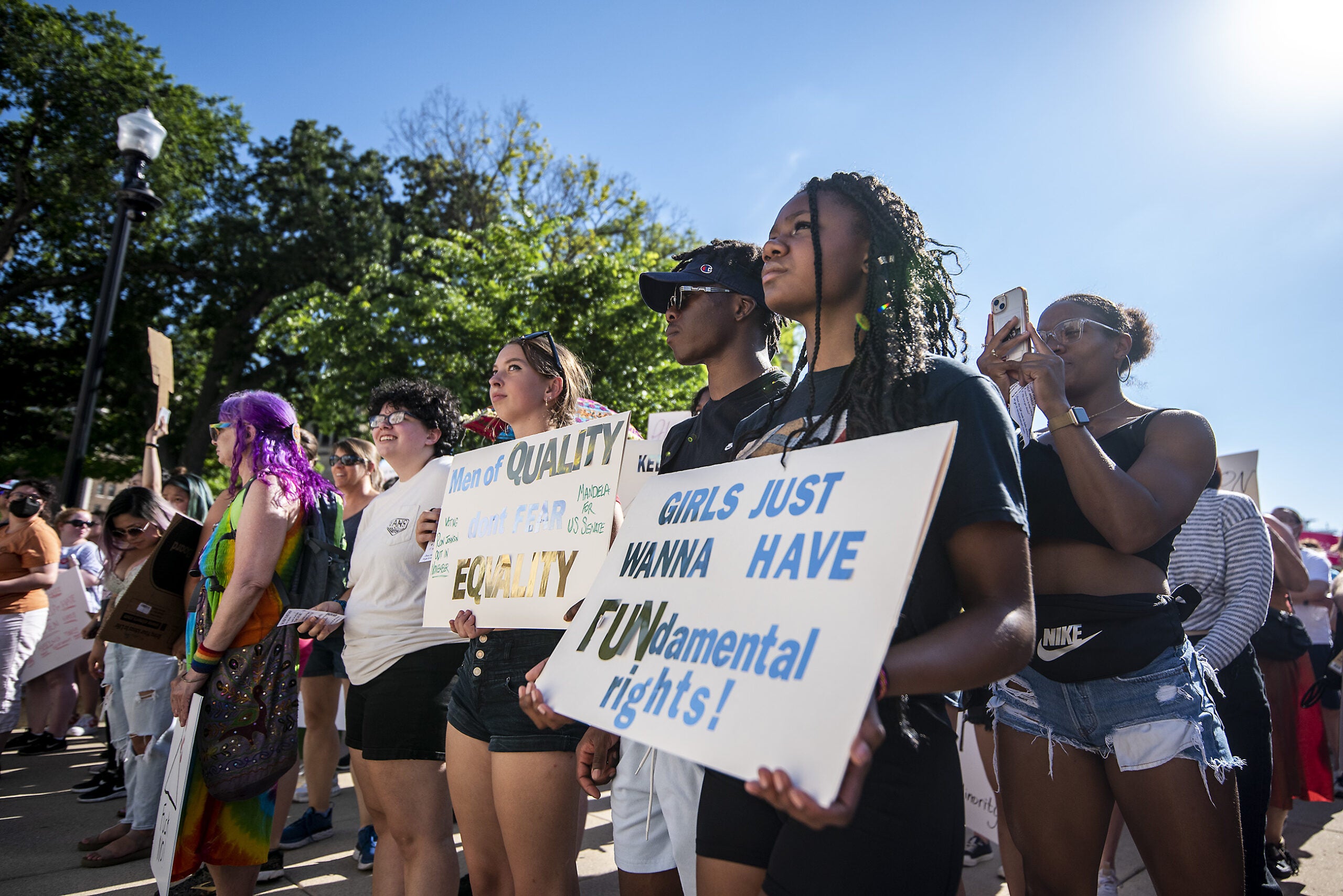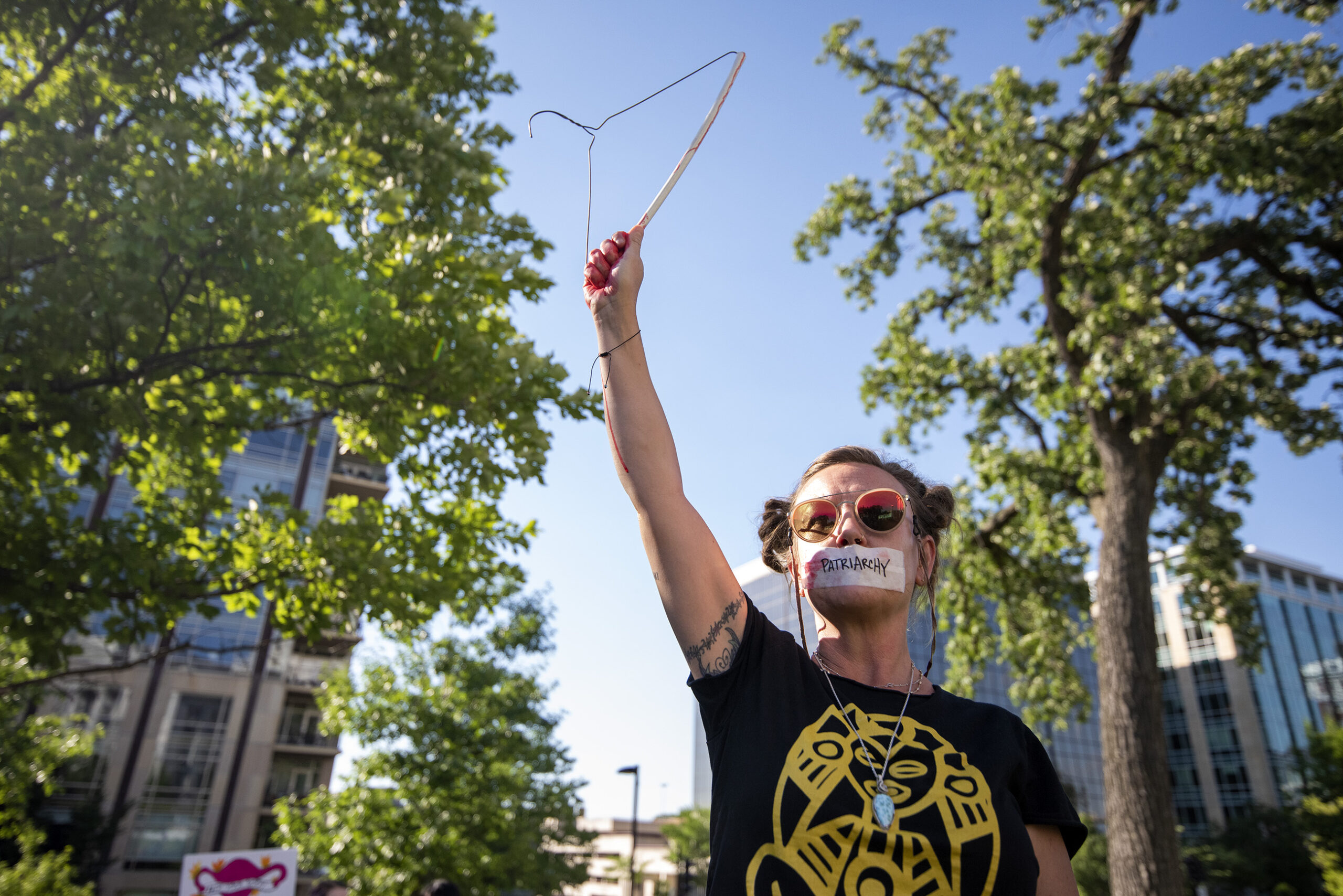Tribal and county courts in northern Wisconsin are finding new and better ways to cooperate with each other. In one recent child custody case in Wausau, a tribal and county judge sat on the bench together to render a joint ruling.
Stay informed on the latest news
Sign up for WPR’s email newsletter.
In 2009 the state Supreme Court adopted a set of criteria for deciding which court should handle a case when it is filed in both a tribal and a county court. Last week in Wausau, in a complicated paternity suit, Marathon county judge Vince Howard and Potawtomi tribal judge Eugene Whitefish used those criteria to impose a first of its kind split jurisdiction. As Judge Whitefish explains the mother seeking custody of her child from the father is a tribal member but her child is not.
“We agreed that the jurisdiction because of the child not being a tribal member that the jurisdiction be here because they both live here and it’s convenient and they both have the same resources,” he says.”But the child support will still stay with the Forest county Potawatomi as as the mother, a tribal member has to pay child support.”
That’s because the tribe has the power earmark part of the mother’s tribal per capita payment from Casino revenues to cover her child support payment James Botsford who heads the Indian Law Office at Judicare in Wausau says this is a model of how tribal and county courts can share their legal jurisdiction.
“It’s not a predetermined solution and it’s not a fight,” he says.”It’s a reasoned and respectful approach and you look at a list of criteria most of them based on common sense. From those factors the judges from both jurisdiction can reach a conclusion on what seems to be best in this case.”
Botsford predicts that such spilt jurisdiction rulings will likely increase as the new criteria are applied more frequently to cases involving both tribal and non tribal members.
Wisconsin Public Radio, © Copyright 2024, Board of Regents of the University of Wisconsin System and Wisconsin Educational Communications Board.





